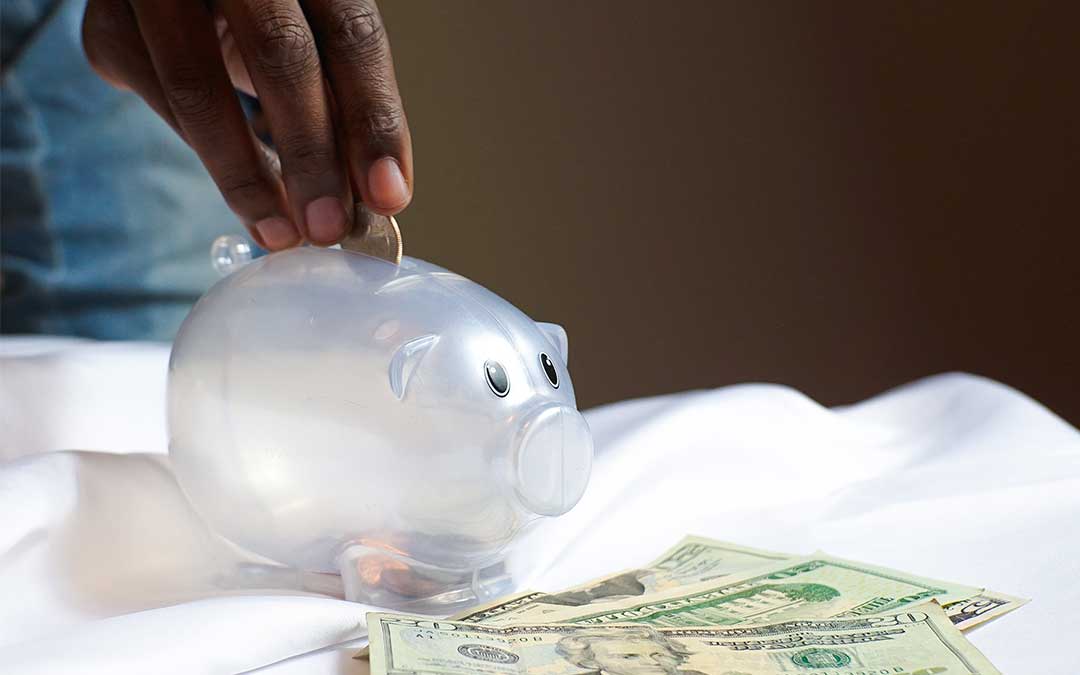You’ve seen it: the rising price of groceries, household items, gas and utility bills. Since the start of the pandemic, virtually every part of our lives has been touched by the mounting price of goods and services, which is especially concerning for our neighbors with constrained incomes and limited resources.
From soaring energy prices to (global) supply chain challenges, many factors are driving the rate of inflation, putting a pinch on our wallets and eroding our purchasing power.
Thankfully, our financial counselors at the Financial Empowerment Center work one-on-one with individuals and families across our community to craft budgets and nurture good money habits that adjust alongside personal milestones and changes in the economy.
What’s happening?
The Federal Reserve System, or “The Fed,” is the central bank of the United States. The Fed is tasked with regulating banks and monitoring the overall health of the economy, including the financial health of our households, communities and businesses.
Each year, The Fed strives for a two percent rate of inflation. But, when the general price of goods and services rises too quickly—often due to increased demand and limited supply—it’s their job to “cool” inflation by slowing demand.
In June 2022, the U.S. inflation rate peaked at 9.1 percent—
reaching a 40-year high.
In other words, when too much money circulates through our economy, the Fed enacts various monetary policies (for example, bump up interest rates) to curb spending among consumers and businesses. As a result, the cost of borrowing money increases throughout our economy (which decreases the demand for goods and services) and encourages people to save their money rather than spend.
More about saving …
Even if you’re not in the market for a mortgage or auto loan, inflation still has a real impact on your money—specifically the value of your money. In our region, the price of food and energy, and everything between, rose 6.4 percent from February 2022 to February 2023.
There are different ways to mitigate inflation and grow your money, such as investing in stocks and bonds through vehicles such as your employer-sponsored retirement plan, a robo investment platform or self-directed Roth IRA. However, we encourage every person—each household—to start with a high-yield savings account.
Stash your extra cash—and your emergency fund—in a savings account with a competitive rate (i.e., APY) to help protect the value of your dollars.
“The bottom line is that inflation is great for savers and bad for borrowers,” said Erin Akery, senior manager of the Financial Empowerment Center. “If you are a saver or want to be, start by looking at high-yield options for your cash. You can compare rates at depositaccounts.com or NerdWallet to see who is paying the highest rates right now.”
When inflation soars, there are many things that we can’t control. But families can keep a handle on their spending habits by tweaking and monitoring their budget and saving more whenever possible.
In the news: Erin joined WPLN-FM to talk about financial counseling and money management, as well as local resources for Greater Nashville residents. Catch the conversation on Spotify at spoti.fi/3yqtPQS or ThisIsNashville.org.

